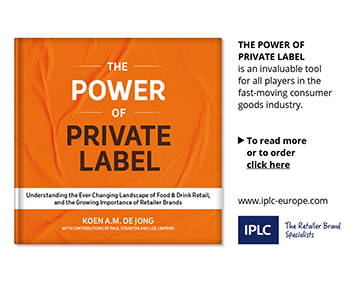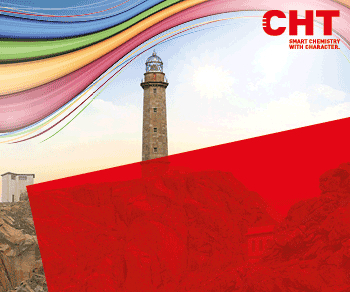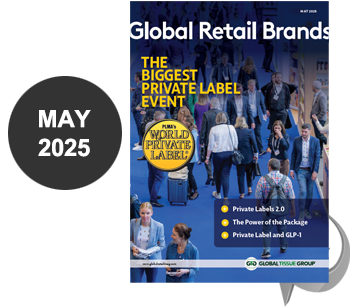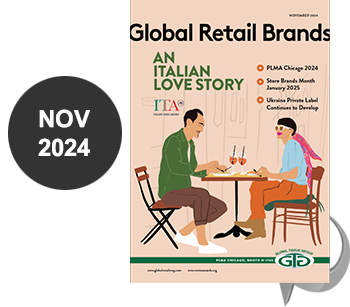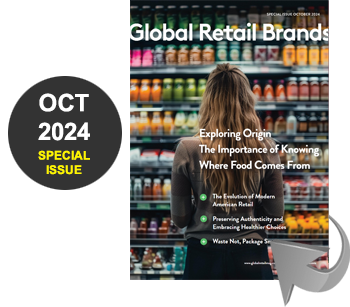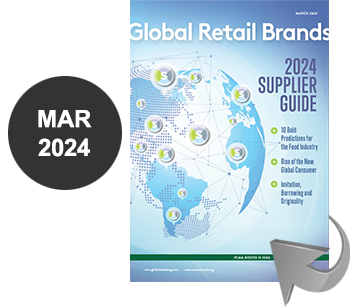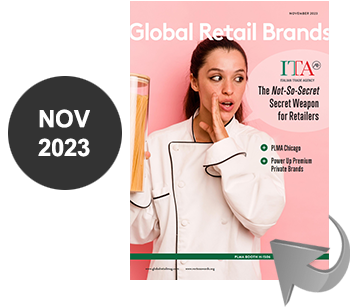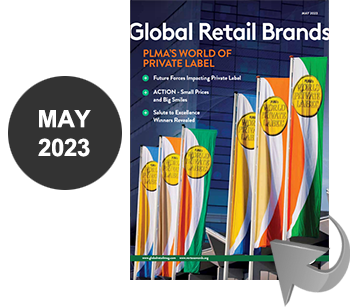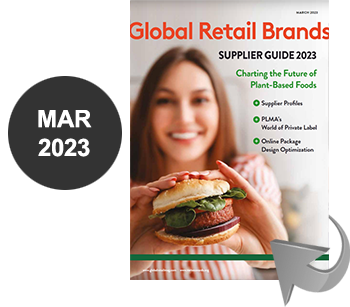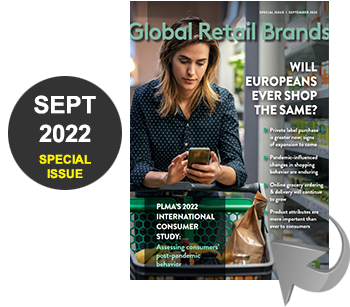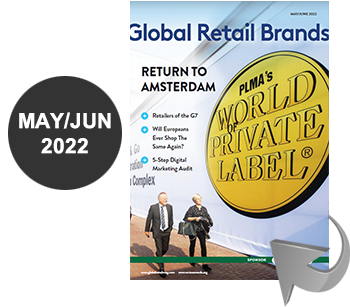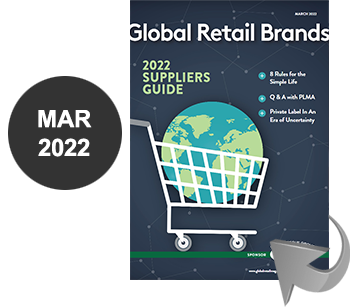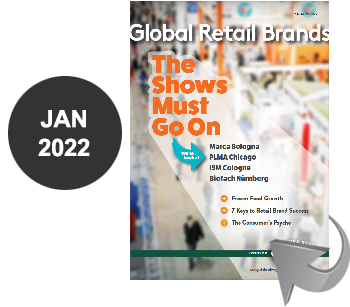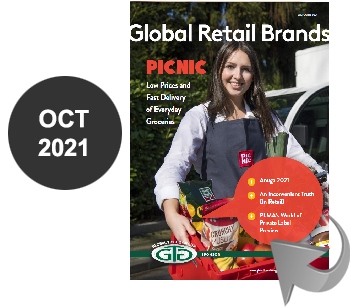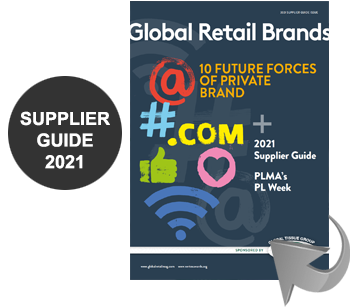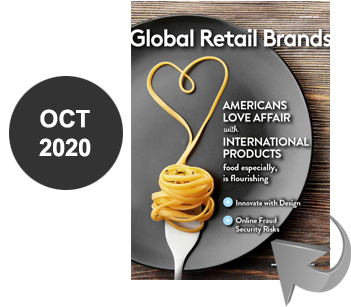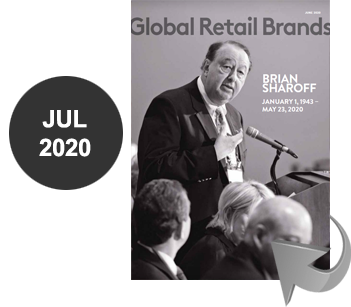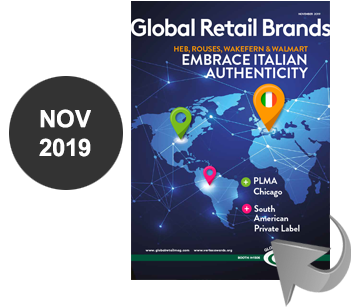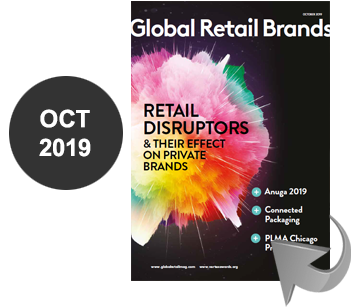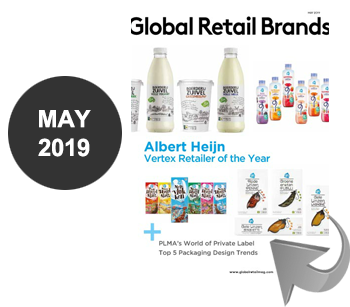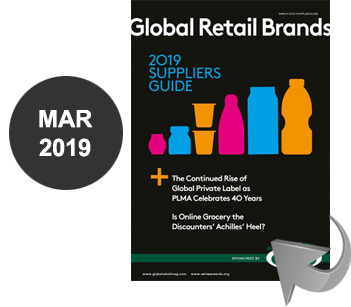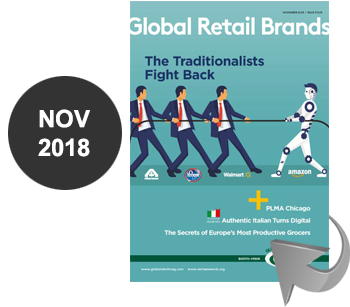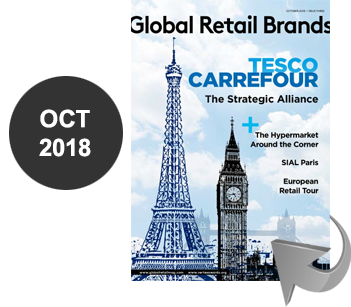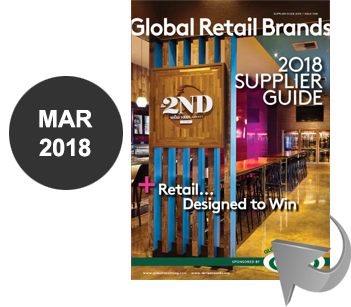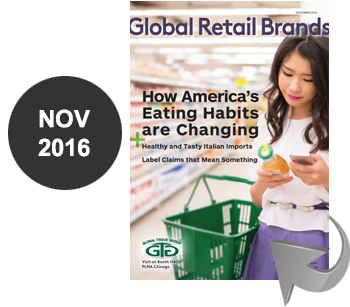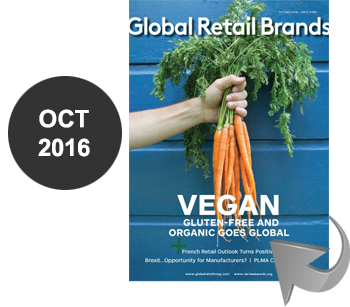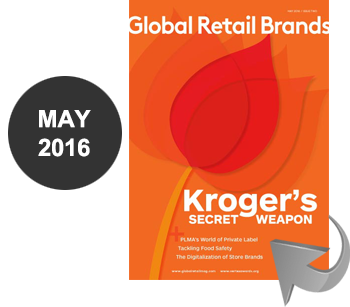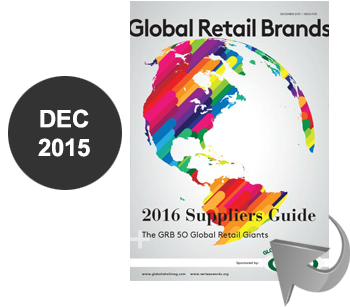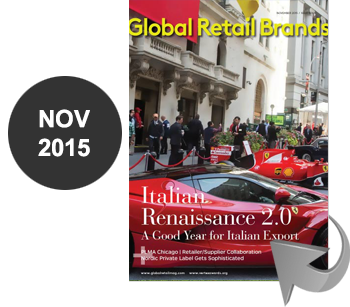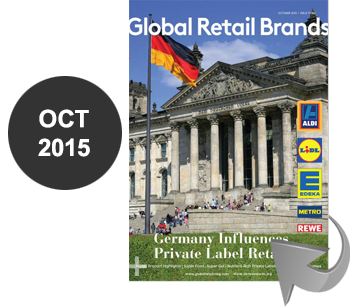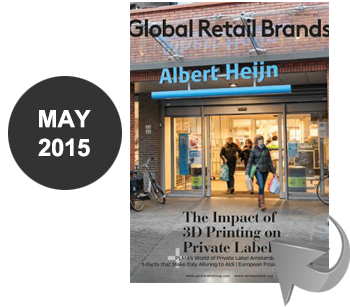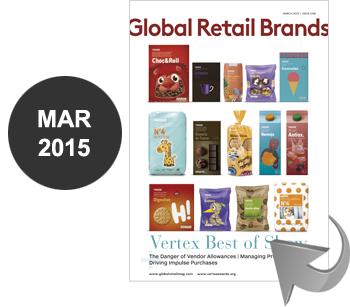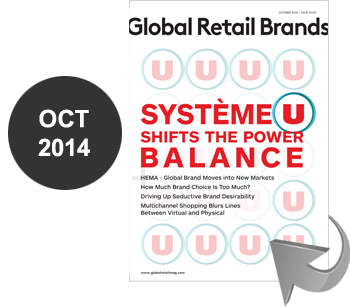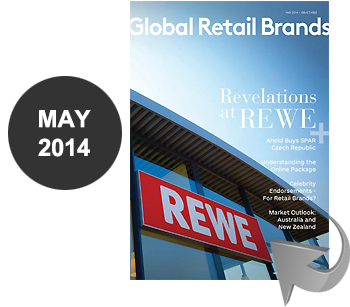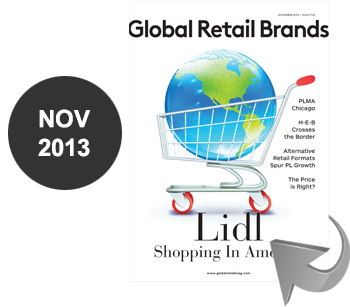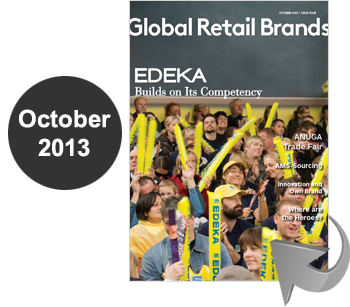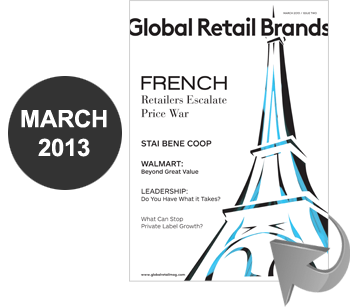 By / Koen de Jong, Managing Director at International Private Label Consult (IPLC)
By / Koen de Jong, Managing Director at International Private Label Consult (IPLC)
Recently a friend of mine asked: ‘what could jeopardize further growth of private label’? It did not take me long to think of an answer and I responded simply: ‘Quality’.
Private label has come a long way, and both retailers and manufacturers have invested massively to get where we are now. It took many years and relentless efforts of all involved to build consumer acceptance and to create shopper trust in the products. Both quality of the product and attractiveness of the packaging have played a pivotal role in this achievement.
However, there is some reason for concern and this has to do with the balance of power in the retail industry. Annually, a small number of buyers face a large number of manufacturers fighting to keep their private label contract which may be vitally important to them.
In a competitive market manufacturers are not expected to sell below cost price. But a manufacturer faced with a powerful retailer may not have another option then to supply at marginal cost or sometimes even at a loss. This may have an effect on the quality of the products supplied. Value engineering the formulation or packaging of the product may be the only option for the manufacturer to uphold profitability. Depending on the product and to the extend the consumer will notice the loss of quality, the risk of quality erosion looms.
For some concrete examples I refer to an interesting article published in the European Competition Law Review: ‘Buyer Power, Private Labels and the welfare consequences of of Quality erosion’ (Issue 5, 2012). Here a few cases from practice are described where quality erosion occurred like: frozen pangasius filet, canned tuna, olive oil and shampoo. The retailer may pay a lower price but gets less then negotiated for. He may think he is the winner of the negotiation process but in the end there are, the shopper included, three losers.
The debate around quality erosion of private labels is more relevant then ever in view of the recent horse meat scandal. In private label beef burgers, lasagna and spaghetti bolognese sold at French, British and Dutch retailers horse meat was found whereas the packaging declared the meat used in the product was 100% beef. Knowing that the cost of beef is around €4 per kilo whereas horse meat only €0.90 answers the question.
With a deep knowledge based on many years of experience we assist retailers to put adequate control systems in place to safeguard a quality in line with product specifications. Obviously chemical and microbiological tests should be outsourced to external parties as retailers are not equipped for this. However, to verify whether their private label products are in conformity with the agreed specification, sensory tests should be organized internally. Preferably with both the Category and Quality manager involved. Such a session will greatly enhance the awareness and importance of product quality of those involved and the commitment to have products and packaging available that meet shopper expectations.

